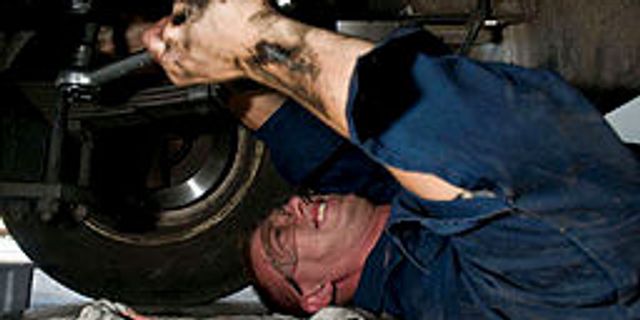
Protect Your Car – Five Maintenance Myths that are Costing you Money
Protect Your Car – Five Maintenance Myths that are Costing you Money
Writer - John Linden
There are many myths about cars and how to protect them, but not all of these myths are true. Some, in fact, can actually cost you a lot of money without really giving you any benefit at all. Here are five of these maintenance myths that are simply not true
To get the most out of your engine, change your oil every 3,000 miles. This actually was true at one point, but because of the changes in how engines work and in the formula used in most oils, many can go much longer without an oil change. Most vehicles can now go at least 7,500 miles before they need an oil change, and some can go longer than that. Check your vehicle’s owner’s manual to see what the manufacturer suggests.
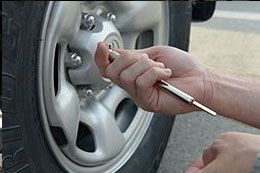
You should always inflate your tires to the pressure listed on the sidewall. Many people misread the information presented on the tire’s sidewall. It’s not the recommended pressure—it lists the maximum pressure the tire can hold safely. Instead, you want to look for the pounds-per-square-inch number located on a sticker found in the glove box, fuel-filler door, or on the door jamb. This will give you the actual PSI you should use. It’s important to keep your tires inflated correctly to reduce wear and increase fuel economy
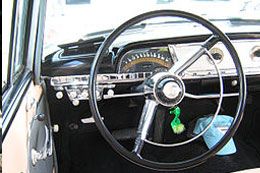
Running the air conditioning can lower your fuel economy. There’s a lot of debate about how air conditioning affects the fuel usage in your car, but most studies have shown that there’s not really that big of an impact. In fact, because of the drag driving with the windows down can create, there’s no measurable difference between doing that and using the A/C. On the other hand, the A/C can keep drivers comfortable and awake, which is very beneficial.
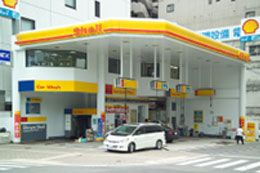
You should get gas in the morning because the cooler gas is denser, thus you get more gas for your money. This myth is completely false—gas is stored underground, so the air temperature doesn’t affect it much at all. Instead, you may spend more fuel getting to a gas station in the morning than you would stopping to fill up when it’s more convenient for you. Just get gas when you need it, not at any specific time of day..
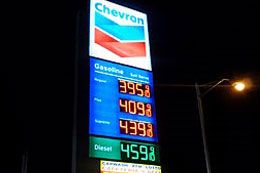
You should always get premium gas—it’s better. Again, this isn’t always true. Some vehicles do actually require premium gas, but most can run on regular-grade. Buying a premium grade gas for engines designed for regular fuel won’t do anything extra, but you’ll spend a lot more money on it. Don’t waste your money unless your vehicle requires premium. Ignoring these car maintenance myths can help save you a bundle. You can put this money towards something that will actually help protect your car, such as buying a car cover. You can also let others know about these myths so that they can benefit from the savings, too.
Updated